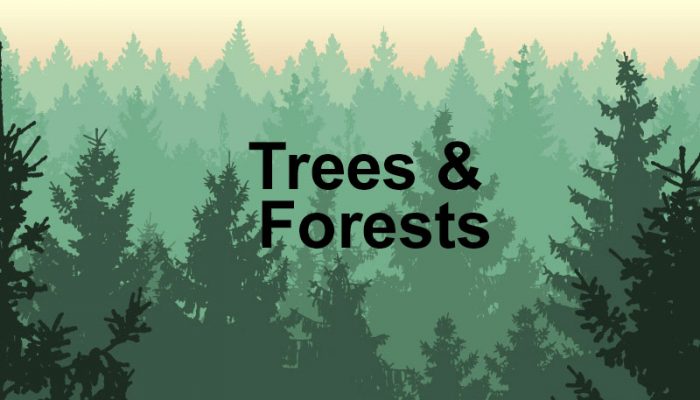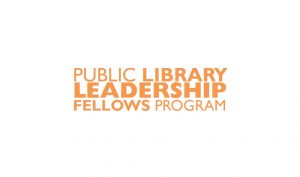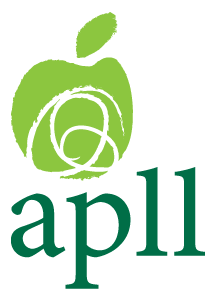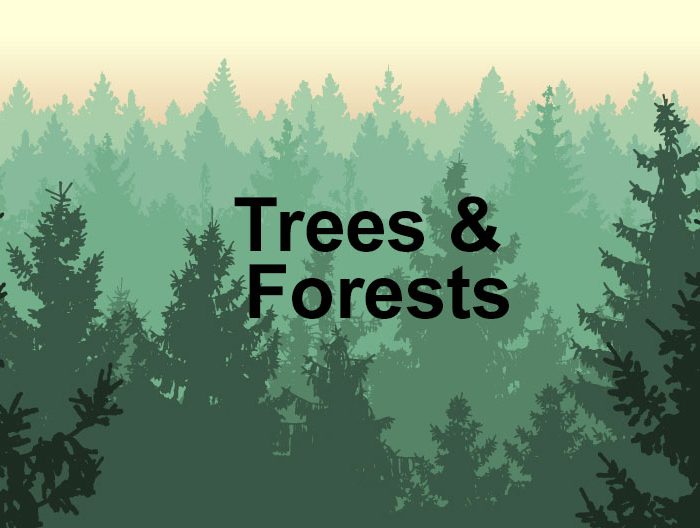COVID-19 has definitely created new access needs. Unfortunately, not everyone has a well-equipped home office that comes with internet access, which is where the public library can help.

What Makes a Library Leader?
Leadership does not mean power, and the ultimate challenge is developing leadership skills in a position of little to no power, a situation that some fledgling librarians find themselves in.
Speaking for myself, I was not taught leadership skills in library school. I’ve spoken to others at my stage in the profession and they weren’t either, although I do think that library schools are evolving. To some extent these skills can be taught, but they also need to be inherently in us and we require the ability and opportunity to develop them.
Ultimately, leadership is not about glorious crowning acts. It’s about keeping your team focused on a goal and motivated to do their best to achieve it, especially when the stakes are high and the consequences really matter. It is about laying the groundwork for others’ success, and then standing back and letting them shine.
Chris Hadfield
The need for professional librarians to develop leadership skills has been recognised for a variety of reasons, not the least of which is the huge exodus of baby boomers from the workforce leaving a lack experienced librarians to seamlessly move into management positions as they become available. In response, library organizations have created leadership training programs. For example, there is the Northern Exposure to Leadership Institute (NELI) which has operated for many years. There is the more recently developed Canadian Urban Libraries Council (CULC) Public Library Leaders Program. In Ontario, starting almost a decade ago, the Southern Ontario Library Service (SOLS) has conducted an institute called Advanced Public Library Leadership (APLL), a two year program completed in a series of online modules including: Community and Staff Development, Strategic Financial Management, and Library Legislation. The other elements of the program incorporate assignments, projects, and face to face intensive training.
The current crop of APLL students comes from all over Ontario from very large to very small library systems. The participants range from CEOs and senior managers, to rank and file librarians. What they all have in common is the desire to further develop their leadership skills. I was asked by Anne Marie Madziak, who developed and co-ordinates the program, to be a guest for this cohort’s final intensive in June. For two days, the twenty participants congregated at the Nottawasaga Conference Centre near Barrie, somewhat of a mid-point in the province. The first afternoon was spent with each participant describing their final project for the program. Depending on how much communication occurred between the participant and their institutions, the projects had the potential of being infinitely useful to the librarian’s home system.
 In my case, my library’s second in command, Erin Kernohan-Berning, was a participant and had undertaken an enormous grant application as well as a back-up plan if the grant was unsuccessful. The project would see our library developing specialized collections in partnership with local organizations. So far we have two examples of these partnerships: our local Land Trust helped select and donated environmental books, and our local youth mental health organization donated enhancements to our LGBTQ+ collection. Both have a specialized search button on our website.
In my case, my library’s second in command, Erin Kernohan-Berning, was a participant and had undertaken an enormous grant application as well as a back-up plan if the grant was unsuccessful. The project would see our library developing specialized collections in partnership with local organizations. So far we have two examples of these partnerships: our local Land Trust helped select and donated environmental books, and our local youth mental health organization donated enhancements to our LGBTQ+ collection. Both have a specialized search button on our website.
Other projects ranged from rebranding the library to training templates for a multi branch system. In all there were twenty projects.
Another benefit to the Haliburton County Public Library came from modular assignments that ended with us having a communication plan, something we had been meaning to do, which we hope will lead to a marketing plan. If nothing else, Erin was able to apply her knowledge of our big picture in a thoughtful and analytical environment rather than the chaos and hubbub that is our everyday reality. She also got to apply her ideas in the context of at least a dozen other libraries and test their relevance with other systems.
 Because this was the final intensive for the group, every participant made some closing remarks about what they got from the program. What struck me was how much each participant had learned about themselves and how much clearer their way forward would be for them as APLL graduates. One participant said that she had learned that she didn’t want to be management but could apply her leadership skills in her current position. To me this is as valuable a lesson as deciding that you want to be a manager because the last thing we need in our profession is people stuck in jobs that are not a good fit.
Because this was the final intensive for the group, every participant made some closing remarks about what they got from the program. What struck me was how much each participant had learned about themselves and how much clearer their way forward would be for them as APLL graduates. One participant said that she had learned that she didn’t want to be management but could apply her leadership skills in her current position. To me this is as valuable a lesson as deciding that you want to be a manager because the last thing we need in our profession is people stuck in jobs that are not a good fit.
Besides the project outcomes and practical knowledge gained, one of the most significant benefits from the program is the networking opportunities. This program gave Erin a huge network of people with whom she can share ideas and best practices. I walked away from the experience genuinely feeling that the library profession is in good hands if the twenty people I met have anything to do with it.
Bessie Sullivan is the CEO of the Haliburton County Public Library. She can be reached at bsullivan [at] haliburtonlibrary.ca. Trees and Forests is a column about library issues and ideas.

